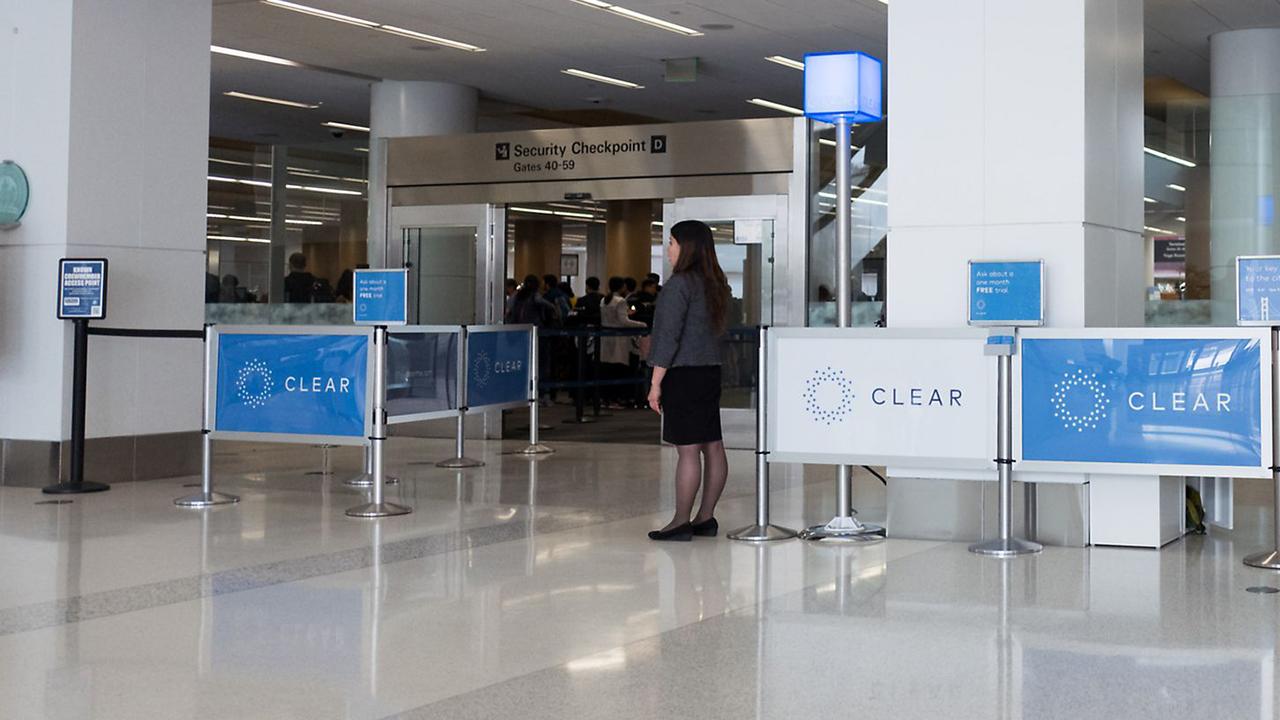Coronavirus means employers can let workers make changes to health insurance plans, IRS says
Employers must opt in and are not required to offer the flexibility
Get all the latest news on coronavirus and more delivered daily to your inbox. Sign up here.
The Internal Revenue Service made it easier this week for employees to make midyear changes to their health insurance coverage for 2020 during the coronavirus pandemic.
Normally, employees cannot switch health insurance plans in the middle of the year unless they experience a major life change, such as a divorce, job loss or new child.
CORONAVIRUS STIMULUS: TRUMP WANTS BUSINESS MEALS, ENTERTAINMENT TO BE TAX DEDUCTIBLE AGAIN
But under the new guidance issued Tuesday, employers can let their workers make midyear changes that would be in effect for the rest of the year. For instance, an employee who declined coverage could enroll in a plan, change plans or add or drop family members.
However, employers must opt in to let employees make changes and are not required to offer the flexibility.
IRS SAYS EMPLOYERS CAN ALLOW MID-YEAR CHANGES TO DEPENDENT-CARE ACCOUNTS
Although the change could involve some administrative headaches, several employer groups have been lobbying the Treasury Department for these new options, according to The New York Times.
Cynthia Cox, a vice president at the Kaiser Family Foundation, said employers might appreciate the flexibility as a way of encouraging hesitant employees to return to work during the pandemic as some states begin to ease stay-at-home guidelines.
“I can imagine being an uninsured worker and being hesitant about returning to work and exposing myself to the virus without having health insurance,” she told the Times.
COMPANIES START REAPING BILLIONS IN TAX BREAKS TO RIDE OUT ECONOMIC SLUMP
Americans with employer-based health insurance who contract severe cases of COVID-19, the disease caused by the novel coronavirus, could end up with out-of-pocket expenses that top $1,300, the Peterson-Kaiser Family Foundation Health System Tracker found. The cost could surge above $20,000 for uninsured Americans.
GET FOX BUSINESS ON THE GO BY CLICKING HERE




















